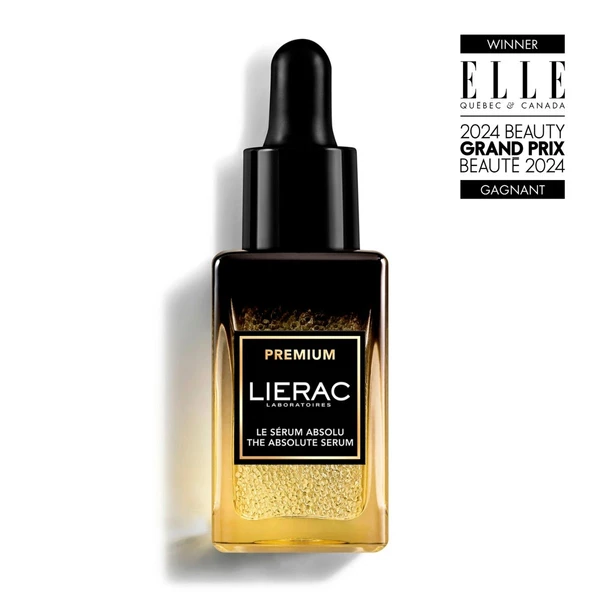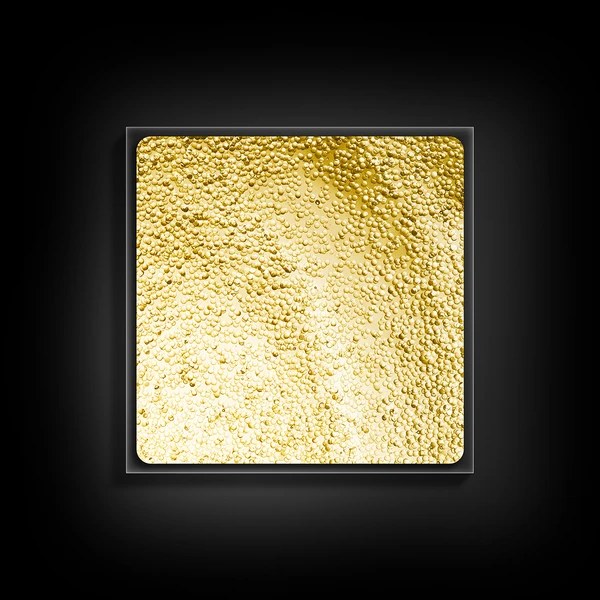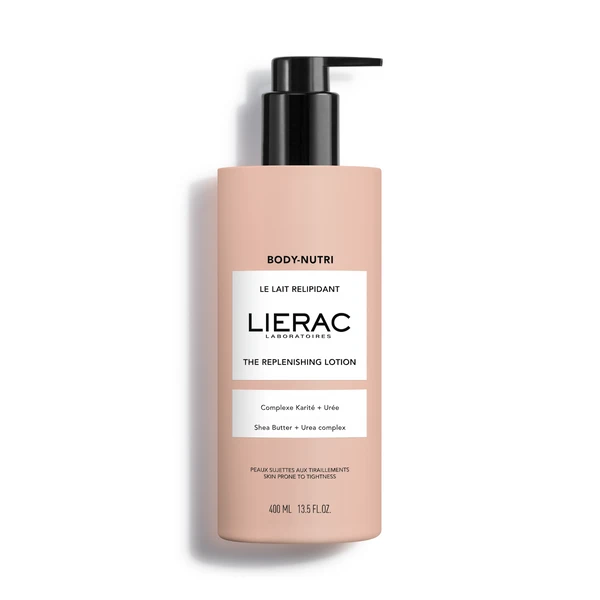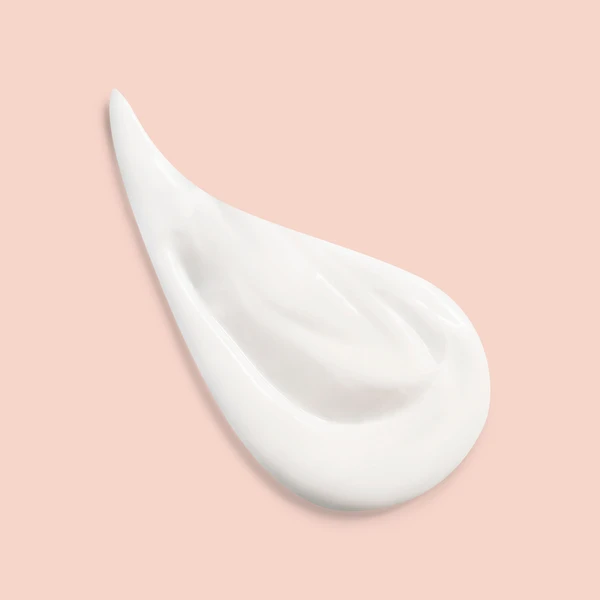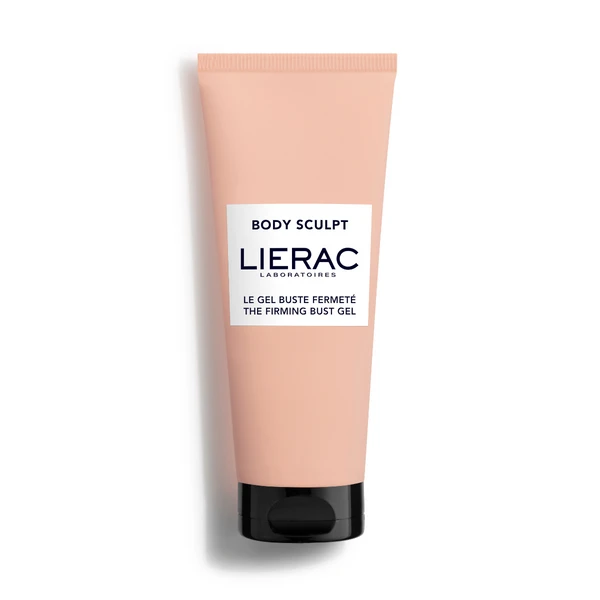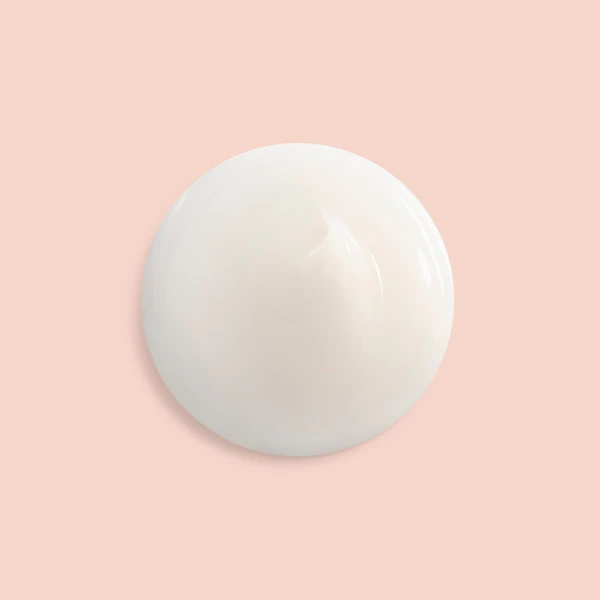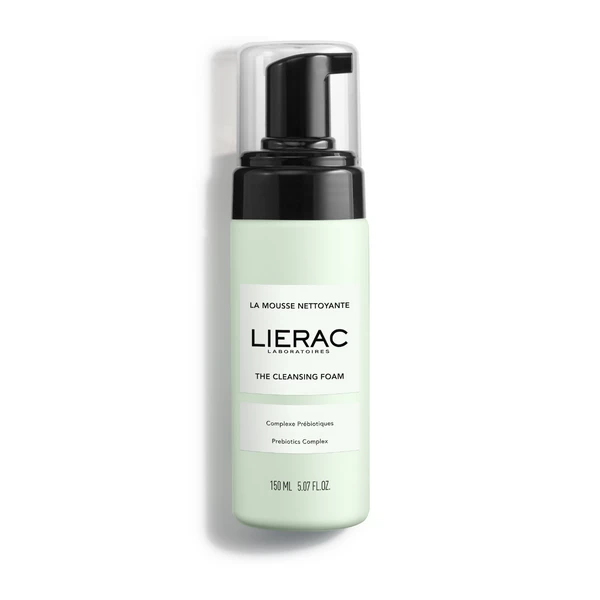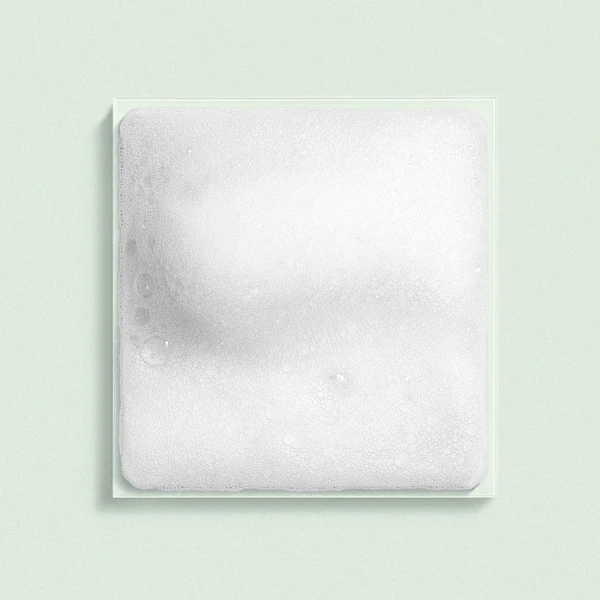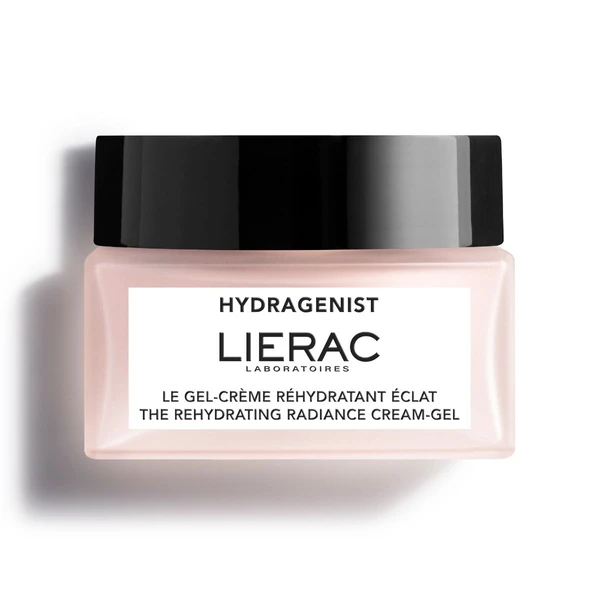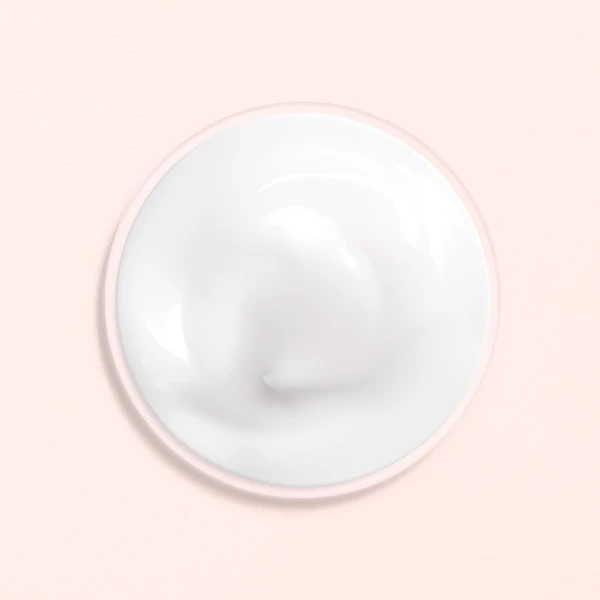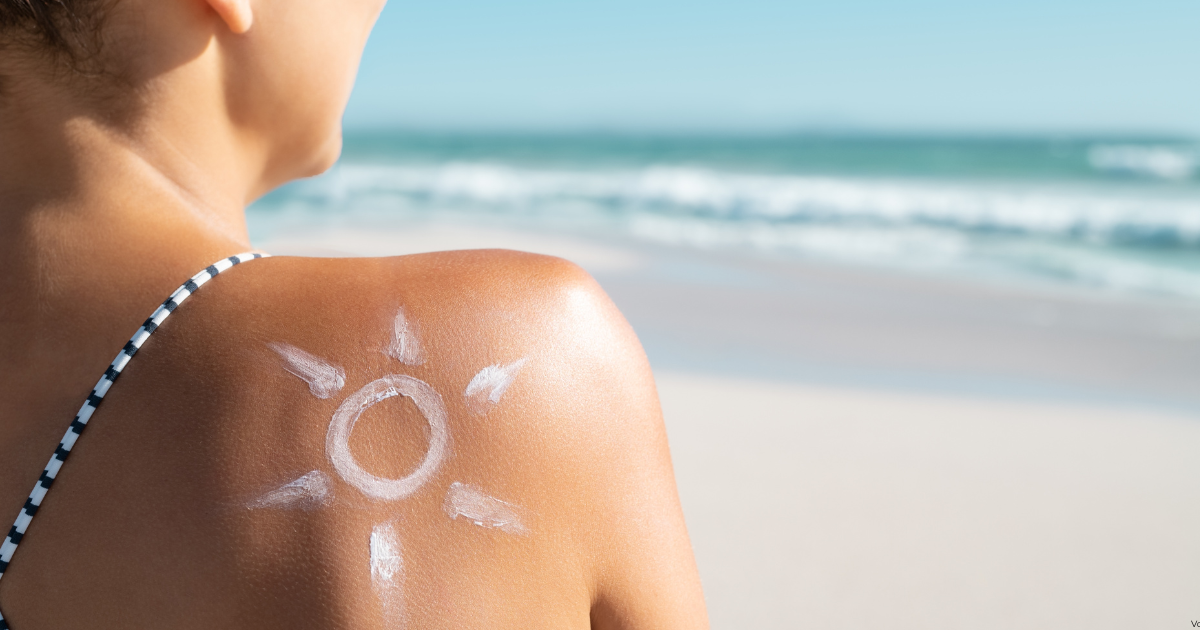
The effects of the sun on the skin
The sun is good for the mood… but not always for the skin. Aging, dark spots, dehydration - its effects are sometimes invisible, but very real. Here's everything you need to know.
THE EFFECTS OF SUN ON THE SKIN: WHAT YOU NEED TO KNOW
A true symbol of vitality and energy, the sun lifts our spirits, stimulates vitamin D production, and brings a much-welcomed glow to our complexion. But while sunlight is essential for our well-being, too much of it can be harmful to the skin, both on the surface and deeper within.
UV RAYS: AN INVISIBLE THREAT
It's not the sunlight itself that poses a problem, but rather the ultraviolet (UV) rays it emits—even on cloudy days. There are two main types: UVB rays, which affect the epidermis and are responsible for sunburn, and UVA rays, which penetrate deeper into the dermis and generate oxidative stress. With repeated or prolonged exposure, the skin undergoes micro-damage that weakens it over time.
PHOTOAGING: WHEN THE SUN SPEEDS UP TIME
Among the most visible effects of sun exposure is premature skin aging, also known as photoaging. UVA rays break down collagen and elastin fibers, causing the skin to lose its firmness and elasticity. Fine lines appear earlier, and the complexion becomes dull and uneven. The most exposed areas—face, neck, décolleté, arms, hands—are especially vulnerable to deep wrinkles and pigmentation irregularities.
DARK SPOTS, DEHYDRATION, INFLAMMATION: VISIBLE SIGNS OF DAMAGE
Beyond wrinkles, sun exposure can cause hyperpigmentation (sun spots), dehydrated skin that feels rough and sensitive, persistent redness and inflammation in reactive skin types, and even photosensitivity when combined with certain medications or skincare products. That summer tan? It’s actually your skin’s way of defending itself by producing more melanin—protection, yes, but not without consequences.
THE HIDDEN DANGERS
Sun damage isn’t just a matter of looks. Excessive, unprotected sun exposure is the leading cause of skin cancer, including melanoma, which is often linked to repeated sunburns in childhood. That’s why sun protection isn’t just a summer ritual—it’s a lifelong habit.
HOW TO STAY PROTECTED—WITHOUT GIVING UP THE SUN
Fortunately, there are simple ways to enjoy the sun safely: apply a broad-spectrum sunscreen (UVA + UVB) suitable for your skin type and UV index; reapply every two hours and after swimming or sweating; avoid direct sun between 11 a.m. and 3 p.m.; wear protective clothing, a wide-brimmed hat, and UV-filtering sunglasses; and nourish your skin daily with hydrating, repairing, and antioxidant-rich skincare to help it recover.
THE TAKEAWAY
The sun can be your skin’s best friend—or its worst enemy. The key is balance. With the right habits and protection, you can soak up the benefits of sunlight while keeping your skin healthy, radiant, and protected—season after season.
OUR ESSENTIALS
Be the first to know about our exclusive offers, previews, beauty tips and private events. By subscribing to the newsletter, I agree that my email address may be used to send me Lierac news. To learn more about our practices regarding the collection and use of your personal data, please consult our privacy policy.
Your email address :

Copyright © 2022 - Laboratoire Native
This site is protected by reCAPTCHA and the Google Privacy Policy and Terms of Service apply.

